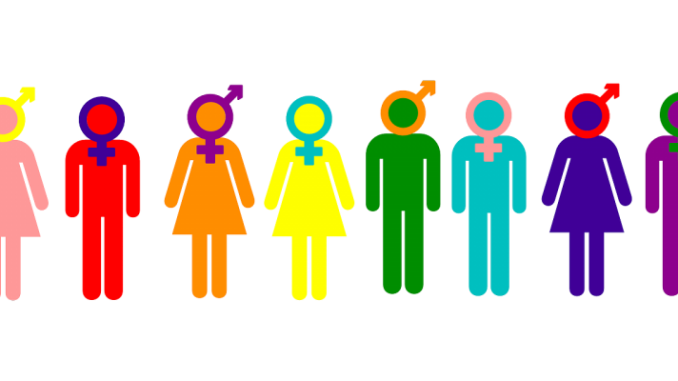
On Saturday, Feb. 6, Gov. Andrew Cuomo announced his plans to implement regulations to ban New York insurers, either public or private, to cover the expenses of minors undergoing “gay conversion therapy,” a practice which attempts to change an individual’s sexual orientation or identity.
This will act as a financial incentive to discourage families from seeking this “treatment” for their gay teens. The New York State Department of Financial Services will begin issuing these regulations which prohibit New York insurers from providing coverage for conversion therapy given to an individual under the age of 18, according to governor.ny.gov.
According to The Daily News, Cuomo was presented with the LGBTQIA+ National Equality Award at the 2016 Greater New York Gala. Upon receiving the award, Cuomo described his actions toward banning conversion therapy as New York taking a stance to reject the “fundamentally absurd notion that being gay is a psychiatric disorder.”
Individuals who are aggressively rejected for their sexual orientation and forced to undergo conversion therapy are eight times more likely to attempt suicide and three times more likely to abuse illegal drugs to cope, according to the Human Rights Campaign website.
Conversion therapy, also sometimes referred to as Reparative Therapy, Ex-Gay Therapy, or Sexual Orientation Change Efforts (SOCE), includes controversial and horrifying tactics such as inducing nausea, vomiting or paralysis while showing the patient homoerotic images. In some cases, self-harm is encouraged to people undergoing this “treatment.” An example of this is having the individual snap an elastic band around the wrist when aroused by same-sex erotic images or thoughts, according to the National Center of Lesbian Rights.
“I think it’s great that Governor Cuomo has issued the regulations. So-called “conversion” or “reparative” therapies are damaging and, frankly, horrifying,” said Dr. C. M. Livecchi, adjunct faculty in the department of geography. “On a symbolic level the new regulations reinforce a discourse of official acceptance for LGBT+ people at the state level, which is something that’s necessary if we’re going to really have the kinds of legal protections against housing and job discrimination.”
Livecchi added that he however does not believe the ban will fully solve the problems with conversion therapy. Although the regulations will prevent insurers from covering conversion therapy for minors under 18, Livecchi expressed his concern about the fact that many young adults over 18 are still financially dependent on their parents, and therefore may be just as likely to be coerced into undergoing this “treatment” as minors.
“There’s good evidence suggesting that people aren’t developmentally adults until their mid-twenties,” Livecchi said. “I’m also concerned that by limiting the regulations to minors, LGBT+ adults who are vulnerable because of developmental disabilities or other factors might still be coerced to go through conversion therapy.”
Although many applaud Cuomo for these actions, many others advocating for LGBTQIA+ share these skepticisms of the potential effectiveness of the financial incentive.
“I can say that the first thing that comes to mind is even if insurance doesn’t cover conversion therapy-which should be banned across the board as it is an archaic, violent, and ineffectual treatment based on the assumption that someone can be “converted” to match social norms that are couched in “science,” there will still be parents and caretakers who pay out of pocket for the treatment,” said Dr. Jessica Pabon, professor of the Women’s and Gender Studies Department.
In 2014, a similar ban was attempted to pass, but failed to make it through Senate. Now that the bill has passed this year and regulations are being implemented, it is the hope of LGBTQIA+ advocates alike that Cuomo’s actions will not only be effective in banning insurers from covering the costs of conversion therapy, but the practice all together will one day become illegal in New York State.
